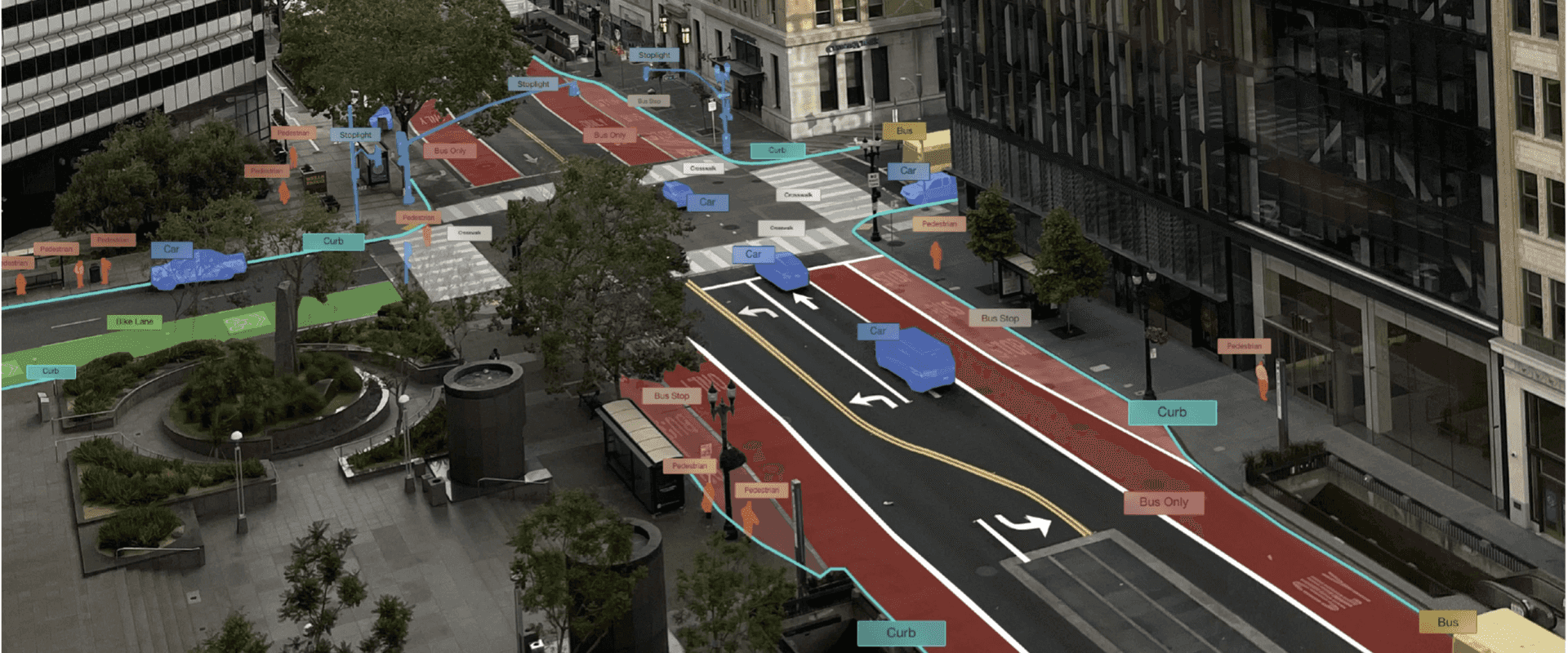
Human-centered digital twins have a long way to go
Urban digital twins - virtual replicas of cities that simulate real-world conditions and scenarios - have emerged as a promising tool for urban planning and resilience efforts. However, as these models become increasingly integral to decision-making in community resilience planning, a growing body of research is questioning their effectiveness and applicability. A 2022 literature review by scholars at Texas A&M University highlighted three strategic challenges: the limits of digital twins to integrate diverse data for complex decision-making; the lack of clear goals for using digital twins to engage people in participatory planning; and knowledge gaps about how to integrate physical, environmental, and social models inside twins.
These limitations pose significant risks, particularly regarding data quality and bias. Digital twins trained on incomplete datasets or those suffering from selection bias may perpetuate existing inequities in urban planning, while omitted variable bias could cause models to miss crucial factors affecting community resilience. Without addressing these fundamental challenges and gaps, it is likely that commercial and institutional adoption of urban digital twins will frustrate users and under-deliver, generate resistance among key stakeholders, or both. This indicates a growing need for research and development focused on creating urban digital twins that can effectively integrate diverse data sources, advance user-friendly visualization tools, and incorporate human-centered behavior analysis.


